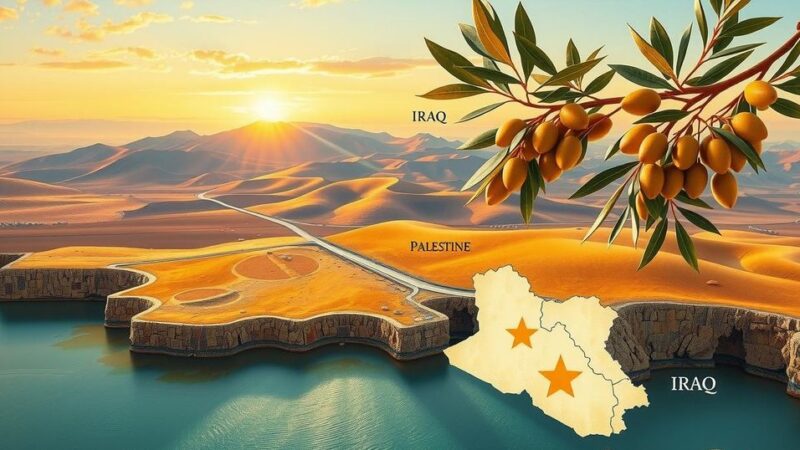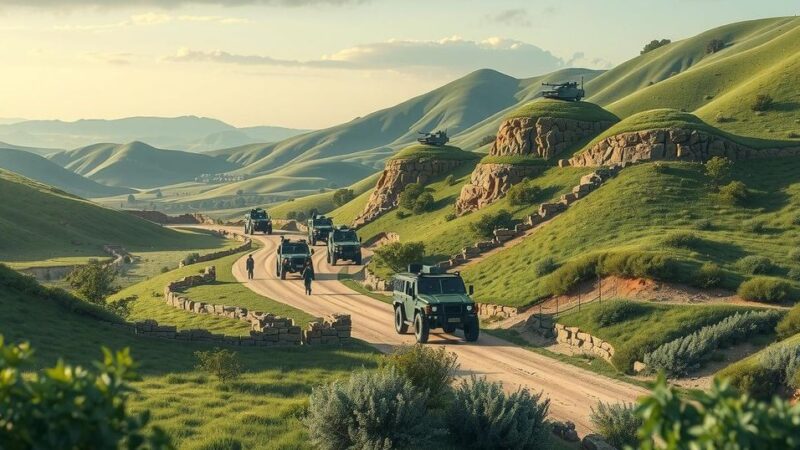Rwanda-backed M23 rebels have seized Goma and are advancing towards Bukavu, exacerbating a decades-old conflict in eastern Congo. Their territorial gains, supported by Rwandan troops, threaten regional stability and have led to a humanitarian crisis with millions displaced. The DRC government faces mounting criticism for its inability to protect its territory.
The M23 rebel group, supported by Rwanda, has made significant territorial gains in eastern Congo, capturing Goma and key mining sites in North and South Kivu. The Congolese military, along with other forces, abandoned their positions, and despite a temporary humanitarian ceasefire, M23 expanded their offensive toward Bukavu. This escalation reflects longstanding tensions and may threaten regional stability, contributing to a humanitarian crisis that has displaced millions.
The conflict’s roots originate in the mid-1990s with Rwandan-backed rebellions aimed at protecting Congolese Tutsi from ethnic violence. The M23 group, formed in 2012, initially gained control of Goma but faced international pressure to retreat. In recent years, relations between the Congolese and Rwandan governments have soured, particularly under President Tshisekedi, leading to renewed hostilities. The situation is exacerbated by Rwanda’s aggressive pursuit of Congolese natural resources.
The ongoing conflict, driven by territorial ambitions and historical grievances, poses a severe threat to Congolese sovereignty and regional peace. As the M23 rebels continue their advance, the DRC’s government faces increasing criticism, pointing to a potential escalation involving neighboring countries. The situation demands urgent international attention to prevent further instability in the Great Lakes region.
Original Source: credendo.com





